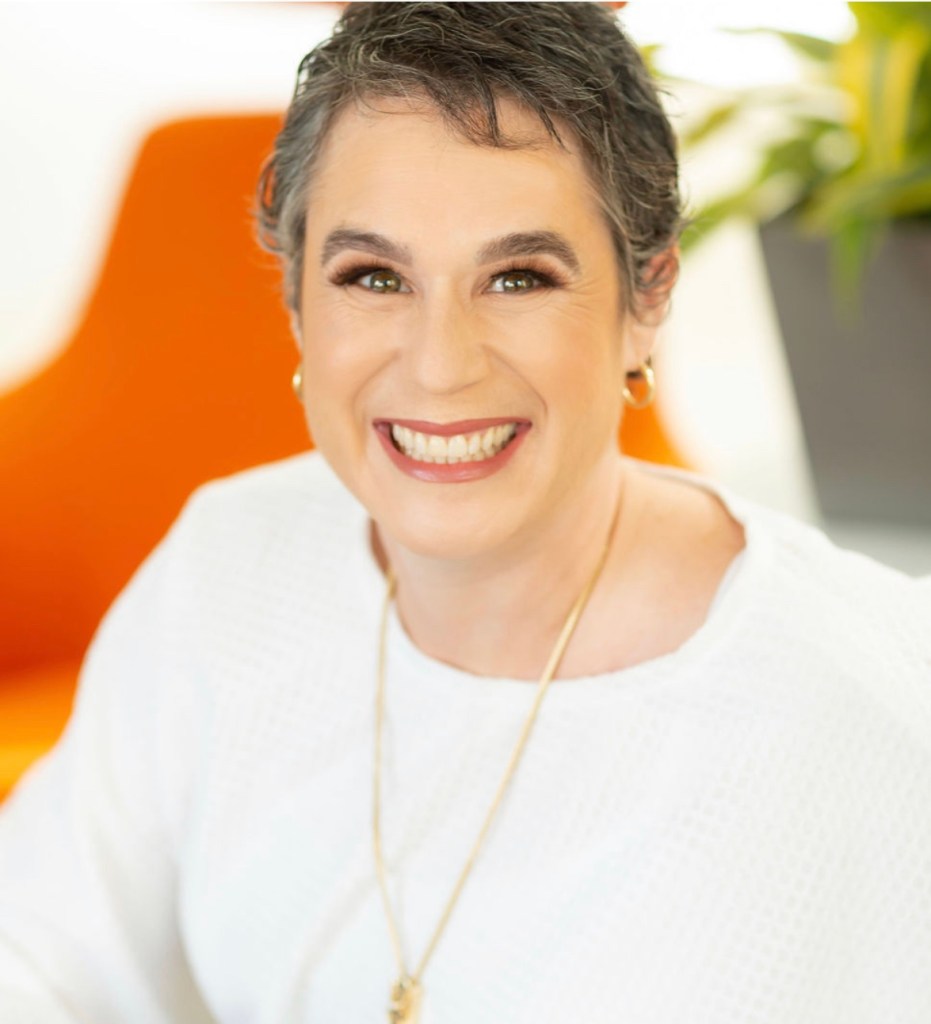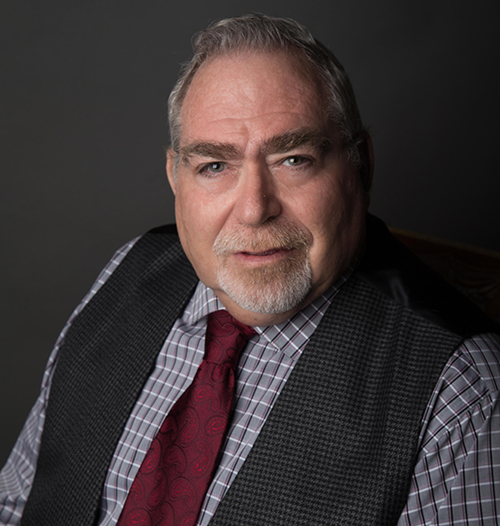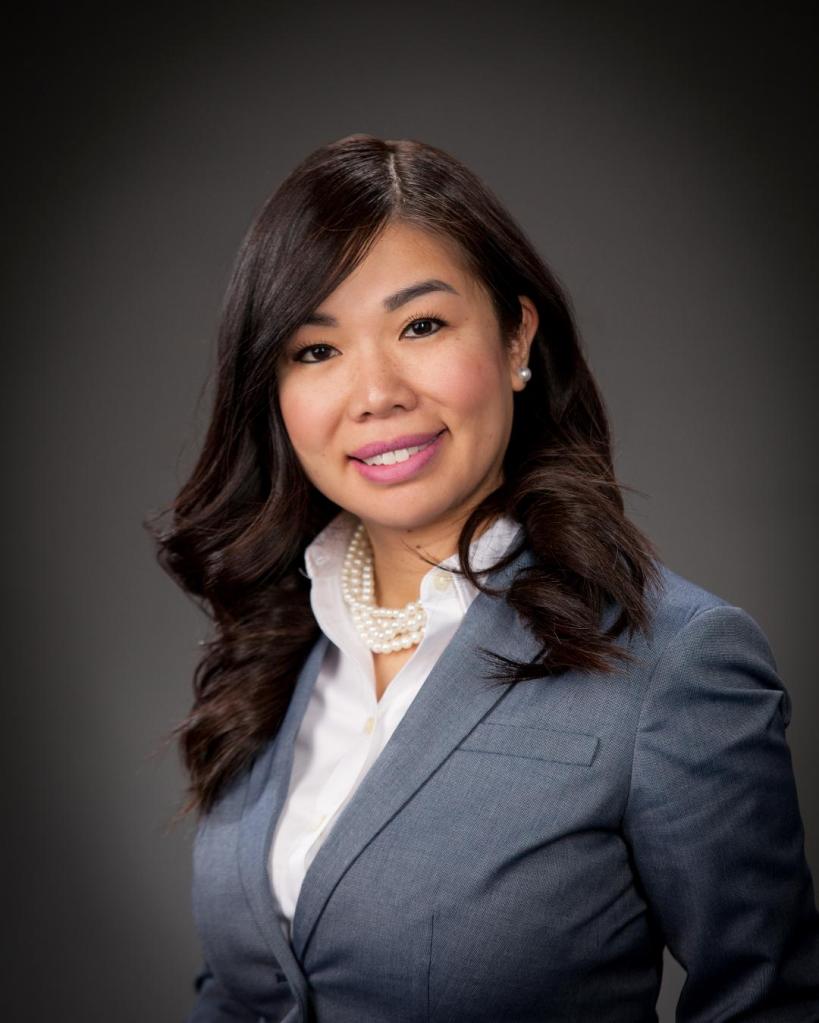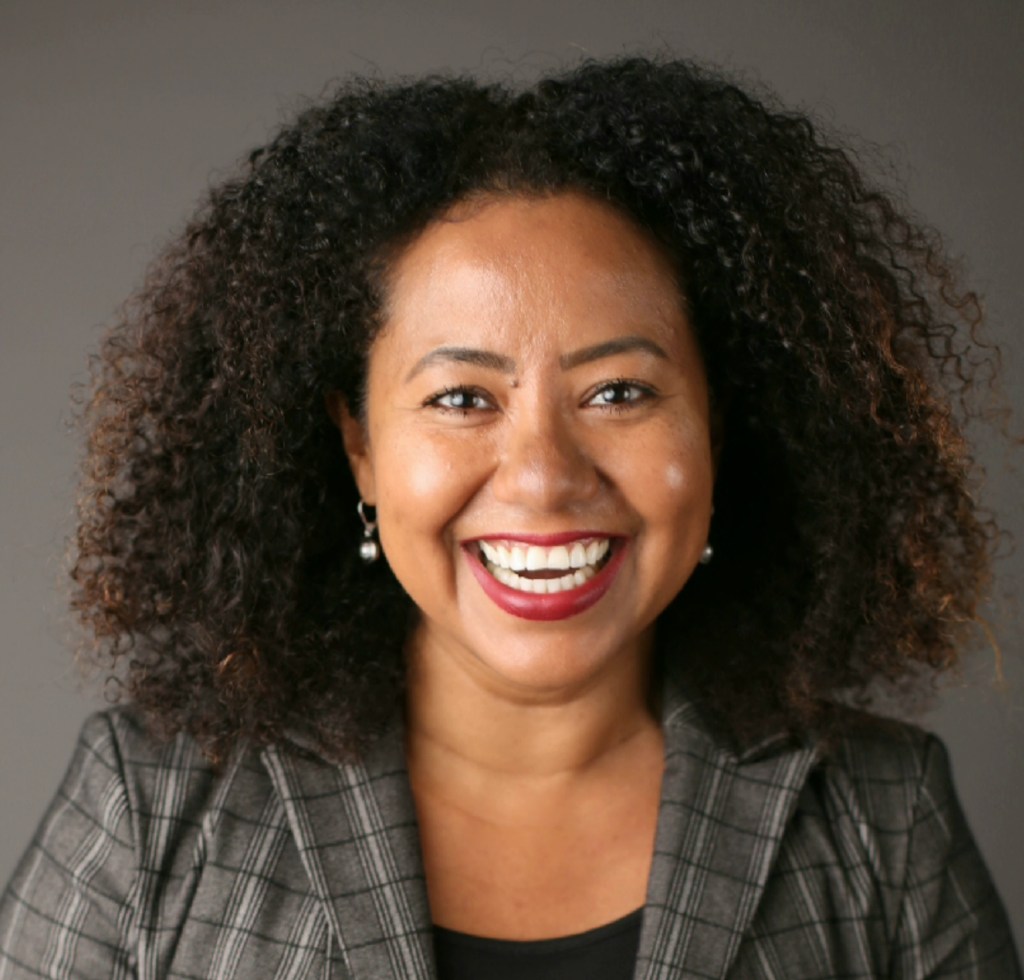
Are you running your real estate practice like a business? Or is being a real estate agent just a side hustle for you – something you do in your spare time?
According to the U.S. Small Business Administration, only half of small businesses survive five years or longer. So, if you’re planning to be a real estate agent long-term, it’s probably a good idea to run your business like, well, a business, especially in today’s highly competitive housing market.
HousingWire spoke to real estate agents around the country to learn what business strategies have been key to their success – and helped them boost their bottom lines.
Naomi Lempert Lopez, Real Estate Agent, Coldwell Banker Real Estate, San Francisco, Calif.

I do a monthly roundtable with agents in different markets to share information. We all went to high school together and found ourselves sharing information and communicating about business, clients and transactions, so we started the group five years ago to add accountability and structure to our conversations.
We start the year with business planning, setting monthly and annual goals for transactions, price points, business growth and development. We check in monthly on our progress and market trends and discuss particular challenges we are facing or opportunities we are seeing. It is really valuable to share perspectives and insights, and since we are in different markets and are not competing, this has become a trusted source of detached and neutral feedback and advice.
Luis Dominguez, Realtor Associate, Douglas Elliman Real Estate, Coral Gables, Fla.

Per the National Association of Realtors, there are over 180,000 licensed real estate professionals in Florida, so a big challenge of doing business here is standing out. You have to let your client know that you are serious, professional, committed and knowledgeable. Most of the time, you have just one shot during a three-minute phone call to win over your potential client.
Whether it be in person or over the phone, to establish yourself during your first meeting with a potential client you should, first and foremost, actively listen to them. Inquire about their wishes, requirements and what qualities are present when they think about their dream home. Then, ask qualifying questions and inform them of the options they have within their budget. You should always add value to the conversation — whether it’s a tough reality or a hint about a great community that fits their needs. You have to gain their trust, and you do this by putting their needs first.
Jeffrey A. Kahn, Broker Associate, Re/Max Premier, The Villages, Fla.

Being in this business for almost 30 years has allowed me to see many trends come and go. I used to be heavy into direct mail, which used to be effective, but now I see trash cans full of discarded postcards. So, my main emphasis has shifted to the internet.
I create videos for branding and to boost open houses. I always keep my eyes open for software like Lately Social, which allows me save time by creating one video or ad and placing it on all my social media platforms at once.
With so many real estate agents out there, I have to stay on top of new innovations to help me run my business more efficiently. Technology has become my personal assistant.
Ryan Keeton, Real Estate Agent, eXp Realty, Ashland, Ky.

I write a detailed business plan every year. I believe that to have a strong business, you need to know where that business is coming from and how you plan to adapt as the year evolves. I try to be as detailed as possible and evaluate the conditions I anticipate for the upcoming year. This became even more important with a challenging year like this year, but, honestly, I believe every year provides its own challenges.
Having the business plan, I’m uniquely positioned to evaluate it multiple times throughout the year and adapt to the changes in the market. I can also adjust my marketing spend and time allocation to transition toward markets or segments that are providing a better ROI.
Lisa Nguyen, Broker Associate, Re/Max Professionals, Lakewood, Colo.

My team prides itself on diversity and inclusion, which is a huge topic in today’s market and world. There are four different languages spoken on my team — Vietnamese, Korean, Mandarin and Cantonese. Being able to offer services in multiple languages has been a huge asset in the current market. We’re able to serve many communities that other agents cannot, due to language barriers, including international buyers. During this time, we’ve been able to grow our business in niche markets other agents can’t reach.
Beyond language, it also helps that we know the etiquette of different cultures and how to approach it from a real estate standpoint. We all understand the important role feng shui can play in a home. We also have a comprehensive understanding of FIRPTA (Foreign Investment in Real Property Tax Act), which helps when working with international clientele.
David Parnes, Principal, The Agency, Beverly Hills, Calif.

James Harris and I have been friends since childhood, so we are lucky that when we started working together, we were immediately in sync. Since then, we have been able to grow our team to include like-minded people that work well with each other. But of course, sometimes that is not the case. Choosing the right team members is key to the success of the group, and if you don’t create the right team, this can affect revenue and growth.
We spend a lot of time training our new team members on our systems and best practices. It’s a good time to formally outline goals and expectations to make sure milestones are met and the momentum of success of a new team member is forward moving.
Xio Sandoval, Real Estate Agent, CENTURY 21 Realty Masters, South Los Angeles, Calif.

In March, I started offering property management services. Because we lack housing here, many builders are adding a legal accessory dwelling unit to the back of a house, and buyers can live more affordably because they can get $2,200 a month in monthly rent to offset their mortgage. But I had buyers who were in limbo as to whether or not to pull the trigger on an income-producing property. So, I offered to find tenants for my buyers – I create the ads online, screen the tenants, set up the lease agreement – and because I delivered on tenants, I doubled the number of closings I’m doing.
I don’t property manage full-time. I just added these services to assist my buyers because I knew if I could deliver a tenant at no cost to my client, then the buyer would be able to more easily pay their mortgage. And today’s tenants could be my buyers tomorrow.
Robin Sheridan, Real Estate Broker, Compass Washington, Seattle, Wash.

Our market is brisk, and I’m holding about 20+ active clients at any given time. Even with a full-time assistant, it is hard to manage the active clients and the ones who are a few months out from listing and or searching.
I use a CRM, in which my clients are organized into groups based on their level of activity. It is a sophisticated system that lets me know which clients I need to speak to or any tasks I’ve neglected. It can also provide reminders of birthdays and anniversaries and supplies insights on listing activity and which clients are most active on emails and searches. It allows me to focus my energies on the clients most in need of my services.
I try to treat all of my transactions with a sense of urgency, but this has been a lifesaver! I can streamline my contacts and run my business far more efficiently, even during an especially busy time.





